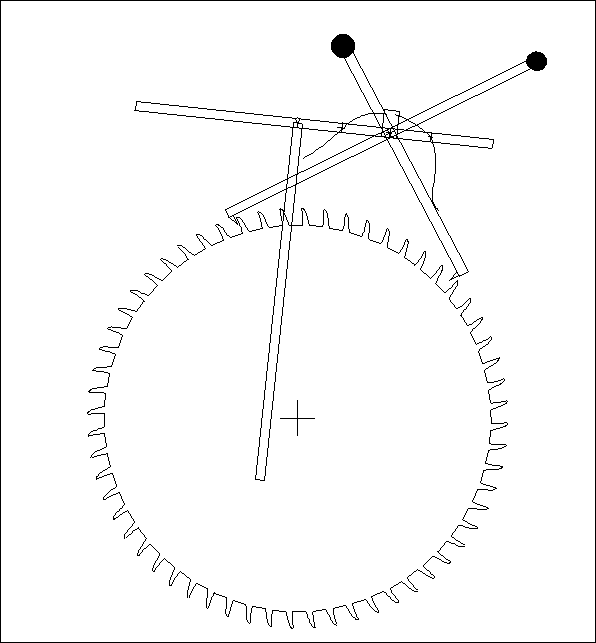Dear Schwester,
Here is how my drunken mind reads that poem.
It is definitely about world-time. Specifically, Mandelstam is trying to grasp the aspect of the world-time that Heidegger so well expresses in his famous book as “clearing,” the idea that nothing can come to be and manifest itself to the world unless there is a void, space, or clearing to do so. It is an ancient idea that we can find, among other places, in Kabbalah with god withdrawing itself to make space for the world.
Mandelstam builds the poem in, so, reading it backwards from its culmination, I get:
начинаться: something that is about to be, but not here yet
догадка: anticipation of that “something” which is about to be
oдушевляющего недостатка: the absence of something, the void, the clearing that makes that “something” possible. Without that clearing everything is “filled up” and cannot move or change, therefore is unanimated, “неодушевлённо”.
Ее влечет стесненная свобода: the force that makes something to fill in the void, like the force that makes water under pressure to fill in a cavity, or the force that makes gas to expand.
опережая, быструю, погодка: the movement created by that force and its velocity
неравномерной: the rhythmic character of that movement, the rhythmic cycle of filling in the clearings
невольно припадая: stepping into the voids, filling them in
К пустой земле: the voids
The image of a driven and uneven gait of a group of people is a breathtaking expression of this kind of yin-yang world-time.

Not sure I know exactly what I mean, but I see Mandelstam standing, like Moses, on top of the Mount Nebo, on the brink of modernity, filled with premonition, but not allowed to enter. He says this poem is the best he have written, that this is his will which has to be preserved for future generations.
He is trying to break away from the “horizontal” sense of time into the “vertical”.
“Я видел озеро, стоящее отвесно.”
-O. Mandelstam
Celan’s “between always and never” instead of “between past and future”.
But he doesn’t dare, unlike Celan, to make the leap and break through.
“Я пробил брешь в отражающих и возражающих укреплениях реальности и вышел к зеркалу моря. Мне пришлось сколько-то времени подождать, пока оно раскололось и я смог ступить в просторный внутримирный кристалл.”
-P. Celan
Or perhaps, as Moses, he was not allowed to make the leap.
And so the second stanza seems to be about that unbearable lightness of being, the being that, for him, is beyond grasping.
“И ласки требовать преступно, и расставаться непосильно…”



